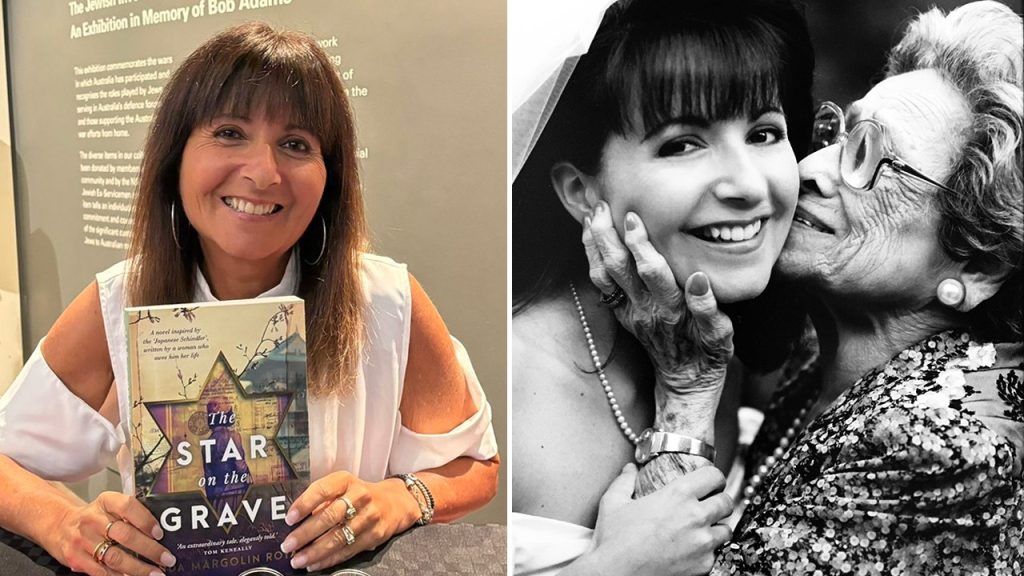Linda Margolin Royal, a former advertising copywriter from Australia, recently released her debut novel, “The Star on the Grave,” which tells the fictional historical account of how her family was saved from the Holocaust by Chiune Sugihara, a heroic Japanese diplomat. While her book quickly became the No. 1 Australian fiction debut, Royal remains haunted by the resurgence of antisemitism in the world today, especially after the Oct. 7 Hamas terror attacks against Israel. The book delves into her family’s history and the trauma they endured during the Holocaust, echoing the current rise of anti-Jewish sentiments globally.
Sugihara, known as “the Japanese Schindler,” played a crucial role in saving many Jewish people during World War II. His son, Nobuki Sugihara, shared the background of his father’s brave actions, issuing transit visas to Jewish refugees so they could escape from Poland and Germany to safer destinations. Along with another diplomat, Jan Zwartendijk, Sugihara defied orders to save lives, risking their careers and lives in the process. Their heroism was honored by Yad Vashem as The Righteous Among the Nations, recognizing non-Jews who risked everything to rescue Jews during the Holocaust.
Royal’s personal connection to Sugihara’s story stems from her family’s own escape with his help. Her father and grandparents were able to obtain transit visas from Sugihara, ultimately settling in Australia. Sugihara’s actions saved countless lives, with estimates suggesting he could have saved up to 500,000 Jewish people and their descendants. Royal’s encounter with Nobuki Sugihara, the son of the hero, at a museum event in New York City was an emotional experience, as she expressed her gratitude for his father’s selfless actions that saved her family.
“The Star on the Grave” delves into the generational trauma of Holocaust survivors and their families. Royal took inspiration from her own family’s experiences, exploring the impact of deep-rooted trauma on characters like the grandmother in the story. Through therapy and research, she delved into the psychological effects of the Holocaust on subsequent generations, aiming to portray the characters’ interactions and struggles authentically. The book showcases the intergenerational trauma and the struggles of families coping with the pain passed down through the generations.
Royal’s personal connection to the story is evident in the novel, as she explores the complex emotions and histories of her characters. Inspired by the bravery and selflessness of Sugihara, she aims to advocate for educational programs that highlight the power of individual actions in combating antisemitism and spreading awareness. By sharing the story of Sugihara and the impact of one person’s actions, Royal hopes to inspire others to stand up against hatred and make a positive difference in the world. The novel serves as a reminder of the resilience of the human spirit in the face of adversity and the importance of honoring those who risked everything to save others.
As antisemitism continues to rise globally, Royal’s novel and advocacy work serve as a powerful reminder of the horrors of the past and the importance of standing up against hatred and intolerance. By sharing her family’s story and honoring the legacy of heroes like Chiune Sugihara, she hopes to spread awareness and inspire others to act against injustice. The novel’s exploration of trauma, resilience, and the power of individual actions serves as a poignant reminder of the ongoing relevance of history in shaping the present and the future. Through storytelling and advocacy, Royal continues to honor her family’s legacy and the heroes who saved them during one of the darkest chapters in history.













